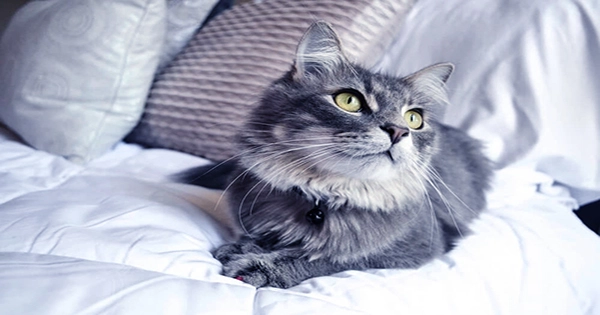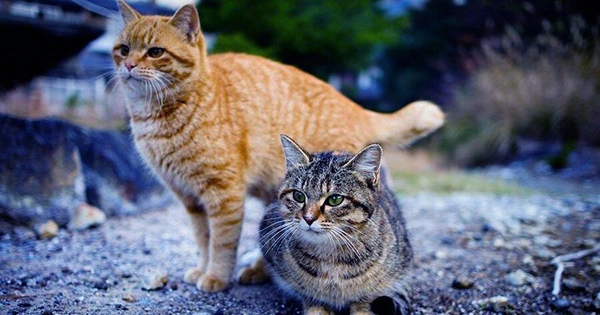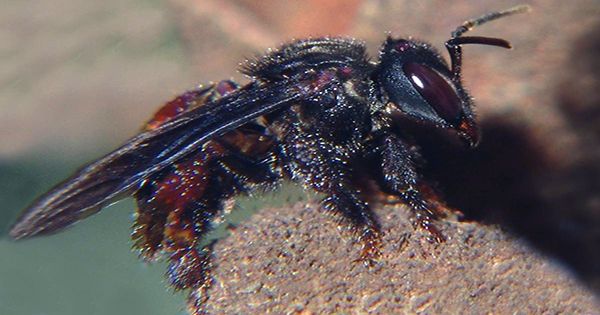Human language is essential to our understanding of the world, but animals may listen in on conversations as well. It’s hardly strange that dogs and cats have picked up a few of our phrases along the way, given that they have a legitimate claim to being the genuine lords of the world, having bent humanity to their service. According to a group of Japanese experts, this extends to a feline ability to identify and match the names we give other cats to the proper individual. Birds with vocal chords that can copy our own can acquire a wide range of human phrases, and it’s been suggested that some of them understand the meaning rather than just mimicking.
Apes taught sign language grasp the meaning of words, and dogs have recently been discovered to be capable of learning the names of up to 12 objects in a week – but what about cats? If cats comprehend human language beyond the names we give them, Kyoto University student Saho Takagi believes that learning the names of other cats who share their realm would be a natural first step. Takagi and co-authors evaluated this capacity with domestic cats living in houses with at least three feline occupants and cat café patrons in the journal Scientific Reports.

The study is based on the premise that cats display surprise by looking at something unexpected for extended periods of time. Babies have the same reaction, which has been used in countless research to help us understand how infants see the environment. The theory is undoubtedly possible, as several non-human species appear to behave in the same way, although deciphering feline cognitive processes is less certain than those of more basic creatures. Takagi called out the name of a cat four times to members of the same species who lived with them, then showed them cat photographs on a laptop.
“One cat finished only the first attempt before fleeing from the room and climbing out of reach,” the paper claims, in the most cat thing ever. The others completed four trials, two with matching photos and names and two without. The individuals glanced away more rapidly when the picture was of the specified cat, as though bored by the expected outcome. The distinction was found only among individuals who lived in households, not among those who frequented cat cafés. The authors explain that because there are so many cats sharing the same area, cat café patrons never get enough repetition of any one name to remember it.
Skeptics can argue that the 19 domestic cats were a too-small sample size and that the results were statistically insignificant. On the other hand, the bigger the impact was the longer the cats had lived with each other and their owner. The researchers repeated the experiment with human names and faces but found no change in all but a small portion of their cat population.
If these results are correct, it means that the cat you think of as yours isn’t actually ignoring you when you talk to it, but is only pretending to do so, demonstrating again who has the true power in our domestic relationships. Takagi’s assertion of feline intellect isn’t his first. She was the first author of research last year that looked at cats’ ability to map the physical position of a person or a familiar cat.
The cats were surprised, according to Takagi and co-authors, when speakers broadcasted the voice of the person who feeds them despite that person’s absence. A similar reaction did not occur when known cat vocalizations or unrelated noises were recorded. She previously researched cats’ comprehension of physics laws.
















